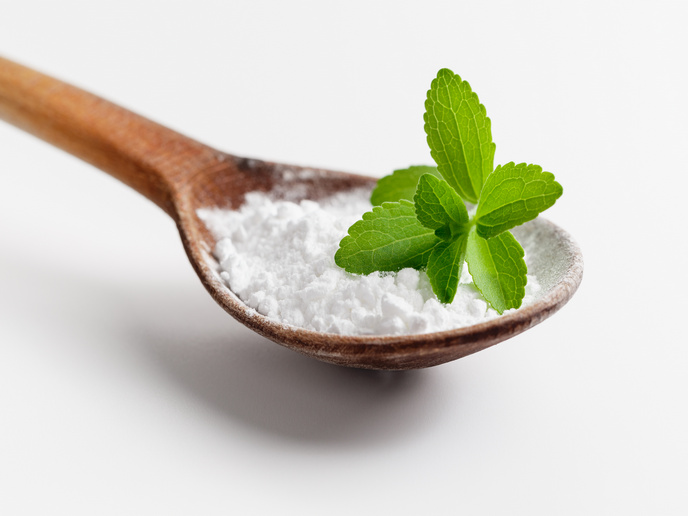Sweeter and more sustainable, stevia beats sugar
Diabetes, obesity, tooth decay – sugar has been implicated in many such diseases, which is why more and more people are choosing to swap sugar with a non-nutritive sweetener, or sugar substitute. Before such sweeteners can reach our table, they are subjected to rigorous approval procedures to make sure they are safe to consume. Safety aside, how much has the sustainability of sweeteners such as stevia been studied? The answer is very little.
Looking at sustainability
To bridge this gap, researchers supported by the EU-funded SWEET project conducted a life cycle assessment (LCA) on stevia to analyse the energy use and environmental impacts associated with its production life cycle. As reported in their study published in ‘The International Journal of Life Cycle Assessment’, the sweetener’s production had a smaller environmental impact when compared to sugar. The research team focused on steviol glycosides (SGs) that are sweet substances extracted from the leaves of the Stevia rebaudiana plant. SGs are much sweeter than sugar – just 4 g of SGs can provide the same sweetness as 1 000 g of sugar. They can therefore reproduce the taste of sugar in our food and drinks, but without the usual health risks involved.
A sweet mix
One of the most abundant SGs in the stevia plant is rebaudioside A, which is around 200 times sweeter than sugar and has the least bitterness. The LCA was conducted on a rebaudioside A 60 %, 95 % pure (RA60) mix, one of the SG mixtures currently permitted as a food ingredient in the EU. As explained in the study, in RA60, “5% of the total mix is impurities from the plants and extraction process and the remaining 35% is other rebaudiosides.” The team assessed the stevia production life cycle in terms of its impact on global warming, freshwater eutrophication, water consumption and land use. Stevia’s environmental impact was compared to sugar (sucrose) produced from both cane and beets. The results were impressive. “Compared with sugar on a sweetness equivalence basis, RA60 has approximately 5.7% to 10.2% the impact for global warming potential, 5.6% to 7.2% the impact for land use, and is lower across most other impact categories,” the authors report. Study lead author Dr James Suckling of SWEET (Sweeteners and sweetness enhancers: Impact on health, obesity, safety and sustainability) project partner University of Surrey in the United Kingdom concludes in a press release posted on the university’s website: “The use of steviol glycosides and similar natural products could be sweet news for the health of our planet. However, our study readily admits that much more work needs to be done to understand the health impacts of steviol glycosides and other non-nutritive sweeteners when consumed as part of a wider diet.” For more information, please see: SWEET project website
Keywords
SWEET, sugar, stevia, sweetener, life cycle, steviol glycoside, rebaudioside A, RA60



